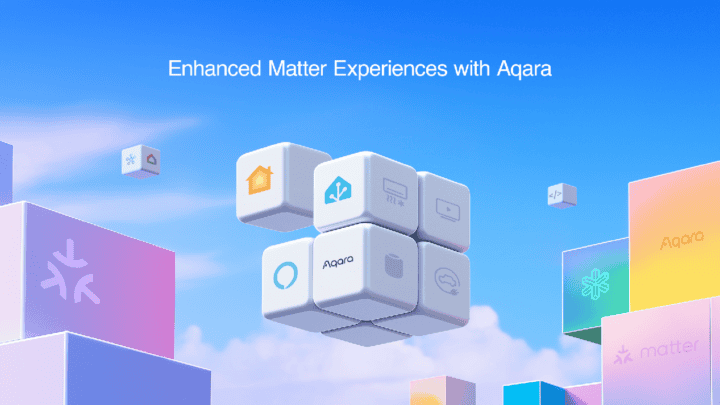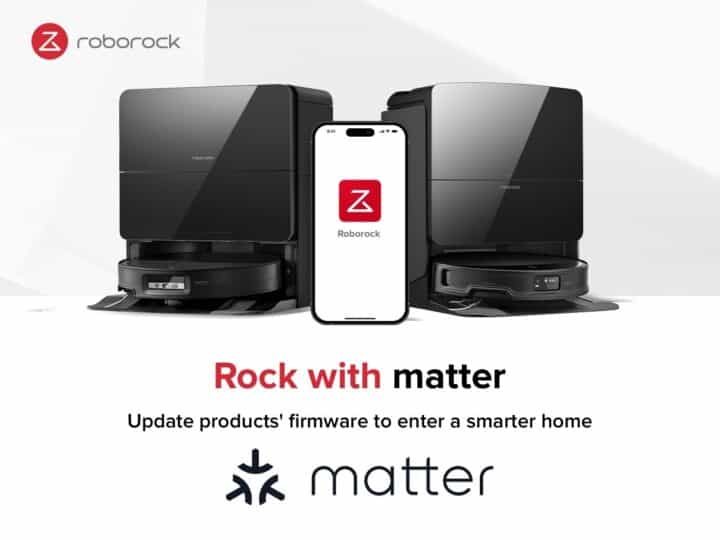The smart home industry is undergoing significant changes, with a focus on improving access for app and device developers. Google has announced advancements in its Google Home platform to support this evolution. The company aims to make it easier for developers to create user-friendly experiences and ensure users can enjoy seamless connectivity across their devices. These efforts are part of Google’s strategy to continue its leadership in smart home technology.
A key component of this strategy is Google’s investment in connectivity and interoperability through the Matter protocol. Matter is seen as crucial for a reliable smart home experience. Google has integrated the Google Home runtime into over 40 million devices, including Google Nest devices, Chromecasts, and LG TVs. This integration enhances the Matter protocol’s reach, allowing more users to benefit from its connectivity features.
Google is also increasing its resources to improve Matter’s quality. The company is working alongside Apple and Samsung to accelerate the enhancement of Matter through development resources focused on certification automation, interoperability scripting, and software development kit (SDK) maintenance. These efforts aim to unify the smart home experience and support Matter’s continued growth.
To further aid developers, Google has streamlined certification processes with the Connectivity Standards Alliance. This initiative allows developers to certify their products with Works With Google Home for Matter devices without undergoing additional certification steps. This collaboration with Apple and Samsung is designed to reduce time and costs for developers across multiple ecosystems.
Additionally, Google is addressing the challenge of Thread device control, which requires a Thread Border Router (TBR) at home. In partnership with MediaTek, Google has introduced the Trinity chip (MT7903), which combines Wi-Fi, Bluetooth LE, and Thread on a single chip. This development aims to make it easier and more cost-effective for device manufacturers to incorporate Thread into new products.
For ongoing updates and more information on Google’s developments in the smart home sector, visit their website here.




